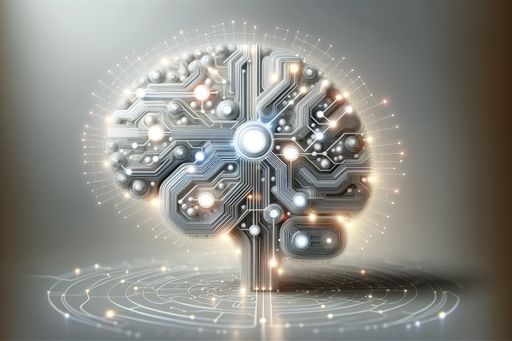The Impact of AI on Video Games
Microsoft's Xbox partnership with Inworld AI is revolutionizing non-playable characters (NPCs) in video games through the use of generative AI. This advancement allows NPCs to evolve, adapt to player behavior, and contribute to a more immersive gaming experience. AI in gaming also presents a significant opportunity for gaming companies and developers to increase immersion, replayability, and revenue. The partnership between Microsoft and Inworld AI is just the beginning of how AI will reshape the gaming industry.

A Paradigm Shift for Player Engagement
Microsoft's recent Xbox partnership with Inworld AI is leveraging generative AI to transform the role of non-playable characters (NPCs) in video games. NPCs, which populate the virtual worlds of video games, have traditionally operated on limited scripts. However, through the innovative use of AI, NPCs can now evolve beyond predefined roles, adapt to player behavior, learn from interactions, and contribute to a more dynamic and engaging game world.
According to Kylan Gibbs, the chief product officer and co-founder of Inworld AI, AI NPCs are not just a technological leap but a paradigm shift for player engagement. By incorporating AI into gaming, developers can enhance gameplay and immersion in ways that drive replayability, player retention, and ultimately, revenue.
The Future of Storytelling and Creativity
The integration of AI in gaming not only improves player engagement but also presents a significant opportunity for gaming companies and game developers. Shifting from scripted dialogue to dynamic player-driven narratives increases immersion, replayability, retention, and ultimately revenue. This transition from predefined roles to AI-driven NPCs allows for more innovative storytelling, creative expression, and gameplay.
Bing Gordon, an advisor at Inworld and former chief creative officer at Electronic Arts, believes that AI will revolutionize both the gaming experience and the role of game designers. The use of AI enables truly immersive worlds, sophisticated narratives, and increased player engagement. Additionally, AI-influenced game mechanics can draw players deeper into the game, creating a more captivating gaming experience.
The Impact on Game Development
The implementation of AI in game development presents numerous advantages for gaming production. With AI taking over tasks such as storyboard design and NPC dialogue creation, developers have more time to focus on immersive and creative aspects of game making. The use of generative AI allows for more time-efficient game development processes and quicker delivery of high-quality games.
Furthermore, the proliferation of generative AI will allow average gamers to participate in content creation. This means that more games will offer user-generated content and player-driven narratives, increasing player engagement and expanding the gaming community. While there are still challenges to overcome regarding AI implementation, the potential impact on the gaming industry is immense.



